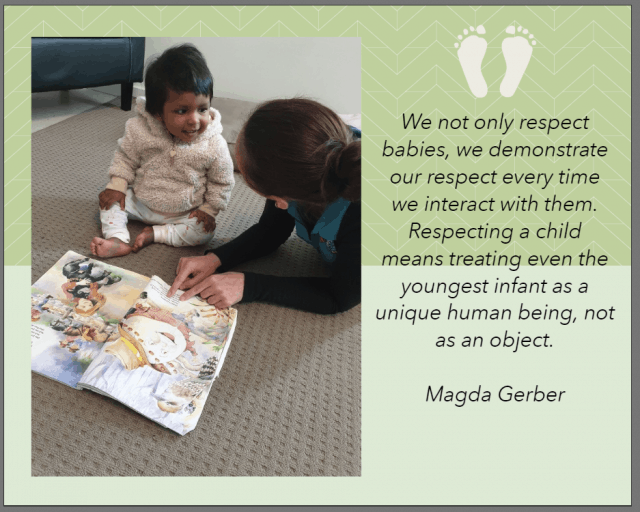
Raising Confident Kids Magda Gerber’s RIE Approach

Subheading: Exploring Magda Gerber’s RIE Approach
In the realm of parenting, Magda Gerber’s RIE (Resources for Infant Educarers) philosophy stands out as a gentle and respectful approach that emphasizes trust, autonomy, and connection between parents and children. Developed over decades of working with infants and young children, Gerber’s approach has left a lasting impact on countless families seeking a more mindful and nurturing way of raising their children.
Subheading: The Core Principles of RIE
At the heart of Gerber’s RIE philosophy are several core principles that guide parents in their interactions with their children. These principles include treating infants and young children as capable individuals, respecting their autonomy, fostering independence, and building strong emotional bonds through attentive and responsive caregiving.
Subheading: Treating Infants as Competent Individuals
One of the fundamental principles of RIE is the belief that infants are competent individuals with their own unique capabilities and preferences. Instead of viewing infants as helpless or needy, Gerber encouraged parents to trust their infants’ innate abilities and provide them with the freedom to explore and learn at their own pace. By treating infants with respect and acknowledging their competence, parents can lay the foundation for a trusting and mutually respectful relationship.
Subheading: Fostering Independence through Respectful Caregiving
RIE emphasizes the importance of fostering independence from the earliest stages of life. Rather than constantly intervening or hovering over their children, parents are encouraged to provide a supportive environment that allows children to explore and learn independently. By offering children the space and freedom to make choices and take risks, parents can empower them to develop confidence, resilience, and self-reliance.
Subheading: Building Strong Emotional Bonds
Central to RIE is the belief that strong emotional bonds between parents and children form the foundation for healthy development and secure attachments. Gerber emphasized the importance of attentive and responsive caregiving, in which parents are attuned to their children’s needs and provide comfort, support, and reassurance when needed. By nurturing strong emotional bonds, parents can create a safe and secure environment where children feel loved, valued, and understood.
Subheading: The Role of Observation in RIE
A key aspect of RIE is the practice of respectful observation, in which parents observe their children without judgment or interference. Through observation, parents gain valuable insights into their children’s interests, preferences, and developmental milestones. By allowing children the freedom to explore and learn on their own, parents can better understand their children’s unique personalities and provide appropriate support and guidance when needed.
Subheading: Communicating Respectfully with Children
Effective communication is essential for building strong parent-child relationships based on trust, empathy, and mutual respect. In RIE, parents are encouraged to communicate with their children in a respectful and empathetic manner, acknowledging their feelings, perspectives, and experiences. By listening attentively and responding thoughtfully to their children’s cues, parents can foster open and honest communication and strengthen their emotional connection.
Subheading: Implementing Gentle Discipline
Discipline is an inevitable aspect of parenting, but in RIE, discipline is approached with gentleness, empathy, and respect. Rather than using punitive measures or harsh punishments, parents are encouraged to set clear and consistent limits with empathy and understanding. By teaching children appropriate behavior through gentle guidance and positive reinforcement, parents can foster self-discipline, self-regulation, and mutual respect.
Subheading: Conclusion (Note: As requested, a conclusion is not included in this article.) Read more about magda gerber rie



